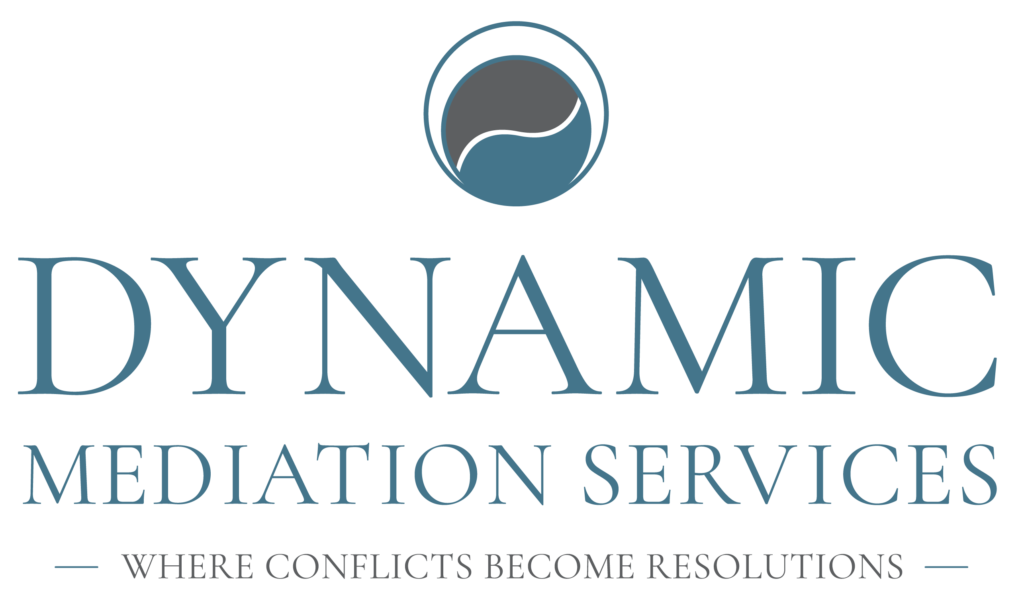
In every community, big or small, there is a risk for disputes. For example, it is not hard to imagine that disagreements could arise over the use of shared space or acceptable noise levels among members of a condominium association. Simply put, wherever there are people, there is the potential for conflict and with conflict comes unnecessary tension that can strain relationships for years. Thankfully, there’s a way to resolve disputes (or even plan for the future) without the need for hostility or litigation—mediation.
Preventing Legal Escalation in the Interest of Being Neighborly
When a conflict festers, it can quickly spiral out of control, leading to aggressive interactions, legal battles, and even financial strain. Litigation, while sometimes necessary, is often adversarial and leaves no room for collaboration or relationship repair. In contrast, mediation prioritizes dialogue and cooperation. It provides a low-cost alternative to the courtroom, giving all parties a chance to be heard and actively contribute to resolving an issue.
The benefits of mediation go beyond just financial savings. In communities where people interact frequently—like neighborhoods, HOAs, or schools—the quality of these ongoing relationships is critical. A dispute over something as simple as the placement of a fence or a shared driveway can sour neighborly interactions for years. Through mediation, participants are encouraged to communicate openly, fostering understanding and cooperation. This way, they can address their dispute without creating long-lasting rifts. The goal is not just to resolve the issue at hand but to prevent future conflicts by building a foundation of trust and communication.
Community Conflicts
The philosophy behind solving disputes amicably is that solutions should be created by those most affected. Mediation thrives because it recognizes that every conflict is unique. Rather than a one-size-fits-all outcome that many court decisions impose, mediation allows for tailored agreements.
Take, for example, a common scenario like a neighborhood noise complaint. The standard solution might be to impose strict quiet hours for everyone, but this could fail to account for the differing needs of neighbors. Through mediation, the parties involved could agree on personalized quiet hours, or exceptions for occasional gatherings, or even the exploration of soundproofing options. It addresses each party’s concerns without the need for more rigid solutions.
Mediation as a Community Builder
Mediation is capable of going beyond conflict resolution. It empowers people to shape the environments in which they live. When individuals work together to solve their problems, they build connections that oftentimes prevent future conflicts. They learn the value of collaboration over division, and that strengthens the entire community.For communities that need real solutions, a foundation built on mutual trust and confidentiality can be built through mediation. Those facing disputes can find mutually common ground that benefits everyone. Dynamic Mediation Services is committed to helping individuals resolve their conflicts with respect and understanding. Call us at (843) 754-5572 to learn how a mediator can help you bring peace and cooperation to your community.
